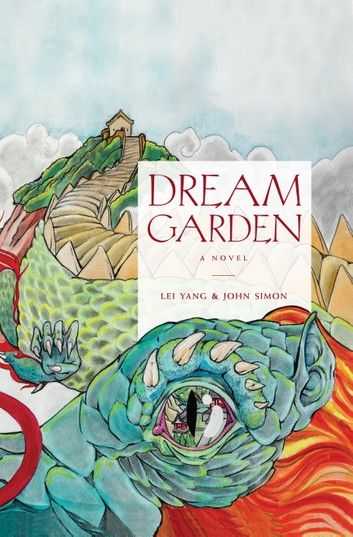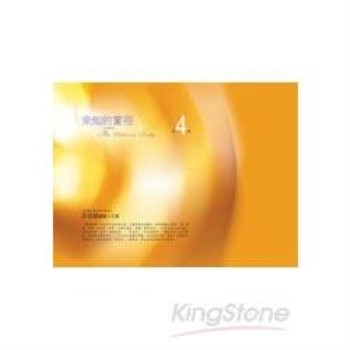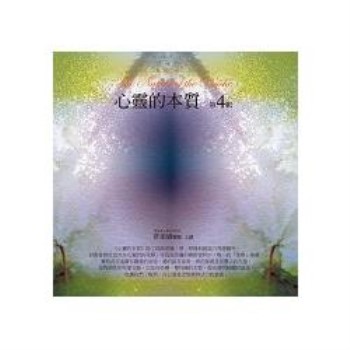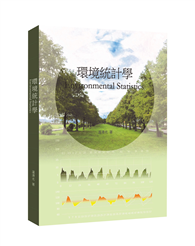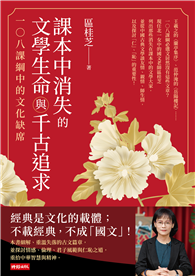A succession of Chinese emperors constructed over the course of a century a fantastical garden, the basis of Samuel Taylor Coleridge’s “Kubla Khan,” to which governing of the country was in time transferred from nearby Peking. A microcosm of China, with palaces, pavilions, and other edifices set among hills and valleys and a network of rivers and lakes, the reality of this garden is employed as the setting for two fictional stories of unrequited love, one between a Jesuit missionary and an emperor’s daughter, the other between the emperor’s son and the daughter of the king of a neighboring country. Dream Garden explores the intricate interplay of emotions between brother and sister, between two princesses arrived at identical life philosophies in different cultures, and between a prince and heir apparent and his father and a man of God from the West. Albeit a work of fiction, Dream Garden illuminates many aspects of Chinese culture, tradition, and mythology in the mid-eighteenth and mid-nineteenth centuries, interweaves national and cultural relations and tensions with the love stories, and explores human attributes and defects in the emotion, devotion, passion and pathos, arrogance and humility, and faith and reason that inform interpersonal interactions and relationships. What transpires between the people involved in these stories and the nations they populate plays out in country churches, temples, and mosques, in villages, cities, and palaces, on the high seas, and in the vastness of China mirrored in the vast and beautiful Dream Garden, the Yuan Ming Yuan, or Garden of Perfect Light.
